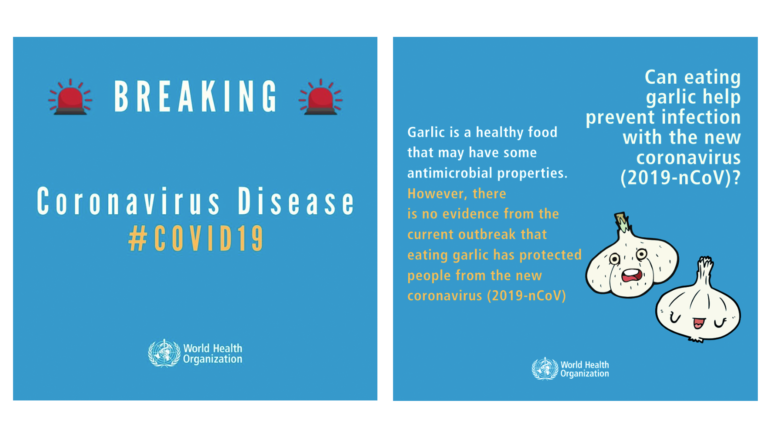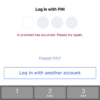Interpol has issued a global alert to law enforcement agencies around the world warning them that organised crime networks may try to sell fake Covid-19 vaccines or steal real supplies.
The global police coordination agency, based in France, said on Wednesday it had issued an orange alert to police forces in its 194 member states warning them to prepare for vaccines to be targeted both physically and online.
It said the pandemic had already triggered “unprecedented opportunistic and predatory criminal behaviour” and warned of a new wave of criminal activity “in relation to the falsification, theft and illegal advertising of Covid-19 vaccines”.
The agency called for close coordination between health regulators and law enforcement as vaccines come closer to approval and distribution so as to ensure the safety of the supply chain and identify illicit websites selling fakes.
As governments prepare to roll out mass vaccination programmes, criminal gangs “plan to infiltrate or disrupt supply chains, and also target the public via fake websites and false cures that could pose a significant risk to their health, even their lives”, the Interpol secretary general, Jürgen Stock, said.
“It is essential that law enforcement is as prepared as possible for what will be an onslaught of all types of criminal activity linked to the Covid-19 vaccine,” he said.
The agency said criminal gangs were also highly likely to start parallel production and distribution of “unauthorised and falsified” coronavirus testing kits as international travel resumes and airlines and immigration authorities increasingly demand passengers produce a negative test result.
Interpol also warned the public to take special care when going online to search for medical equipment or medicines. It said people faced danger not just from potentially life-threatening products, but also from cyber-threats.
An analysis by its cybercrimes unit of about 3,000 online pharmaceuticals websites suspected of selling illicit products showed that more than 1,700 contained phishing or spamming malware, the agency said.
“It is important to be vigilant, sceptical and safe, as offers which appear too good to be true usually are,” the agency said.



